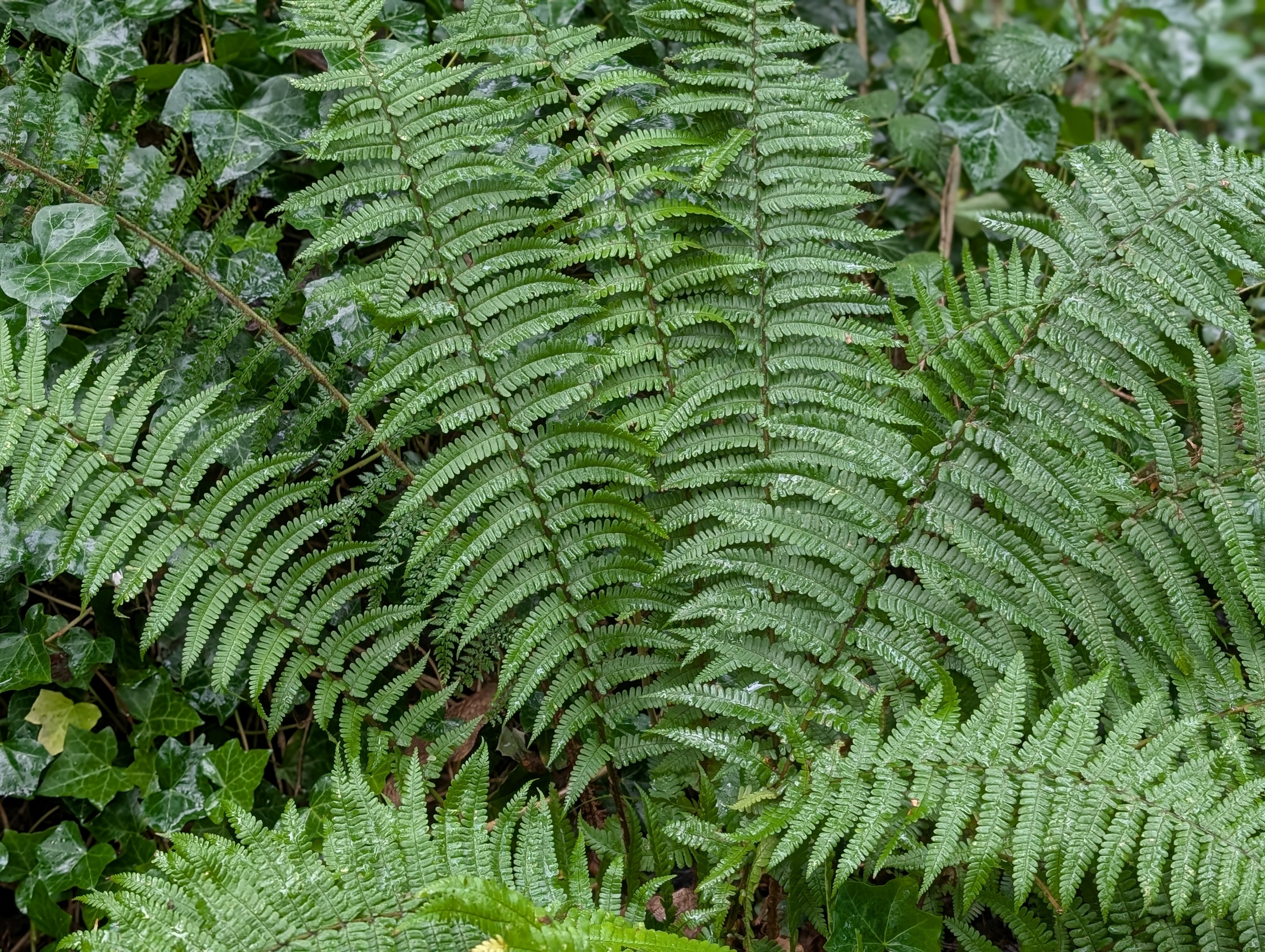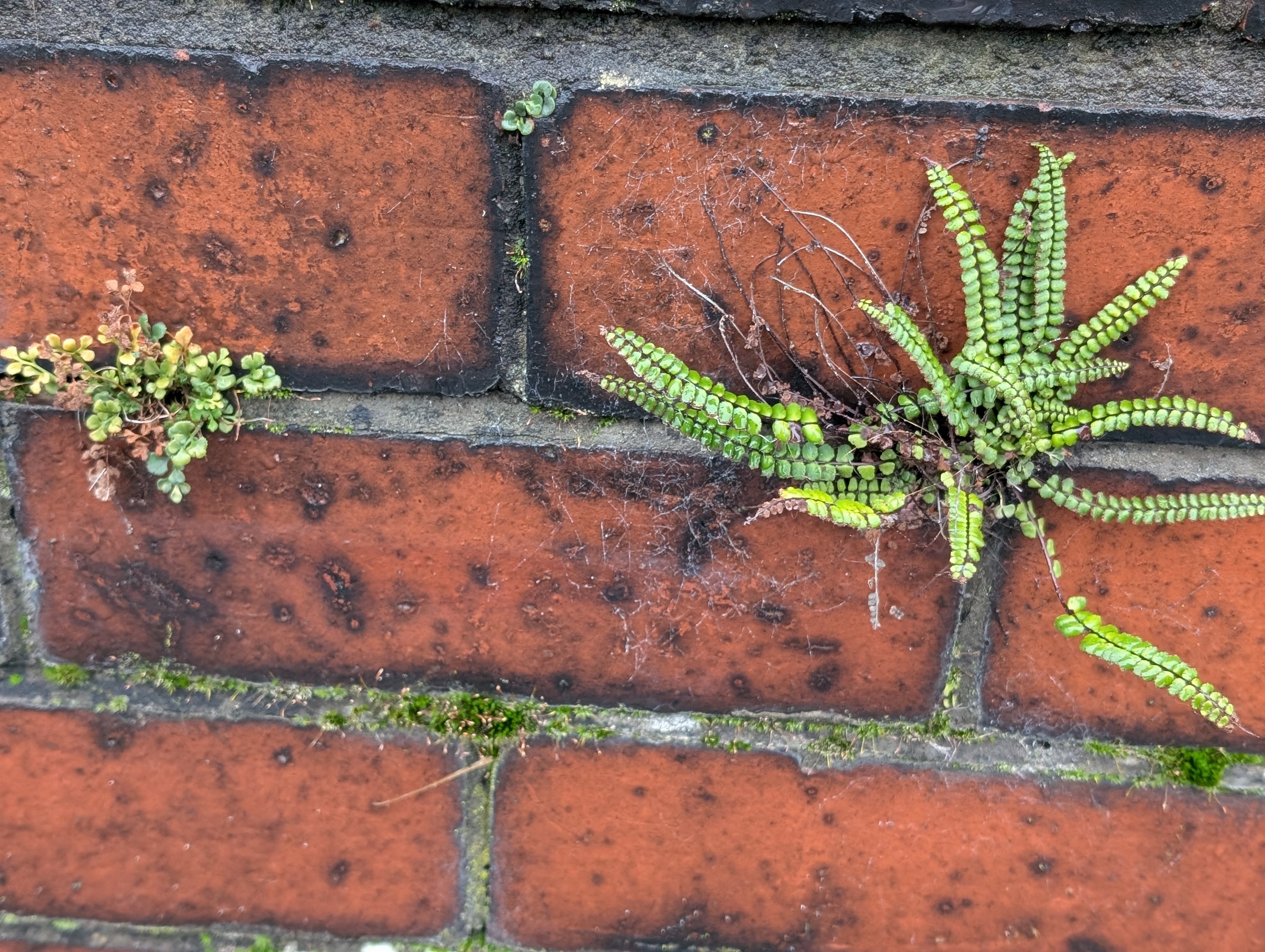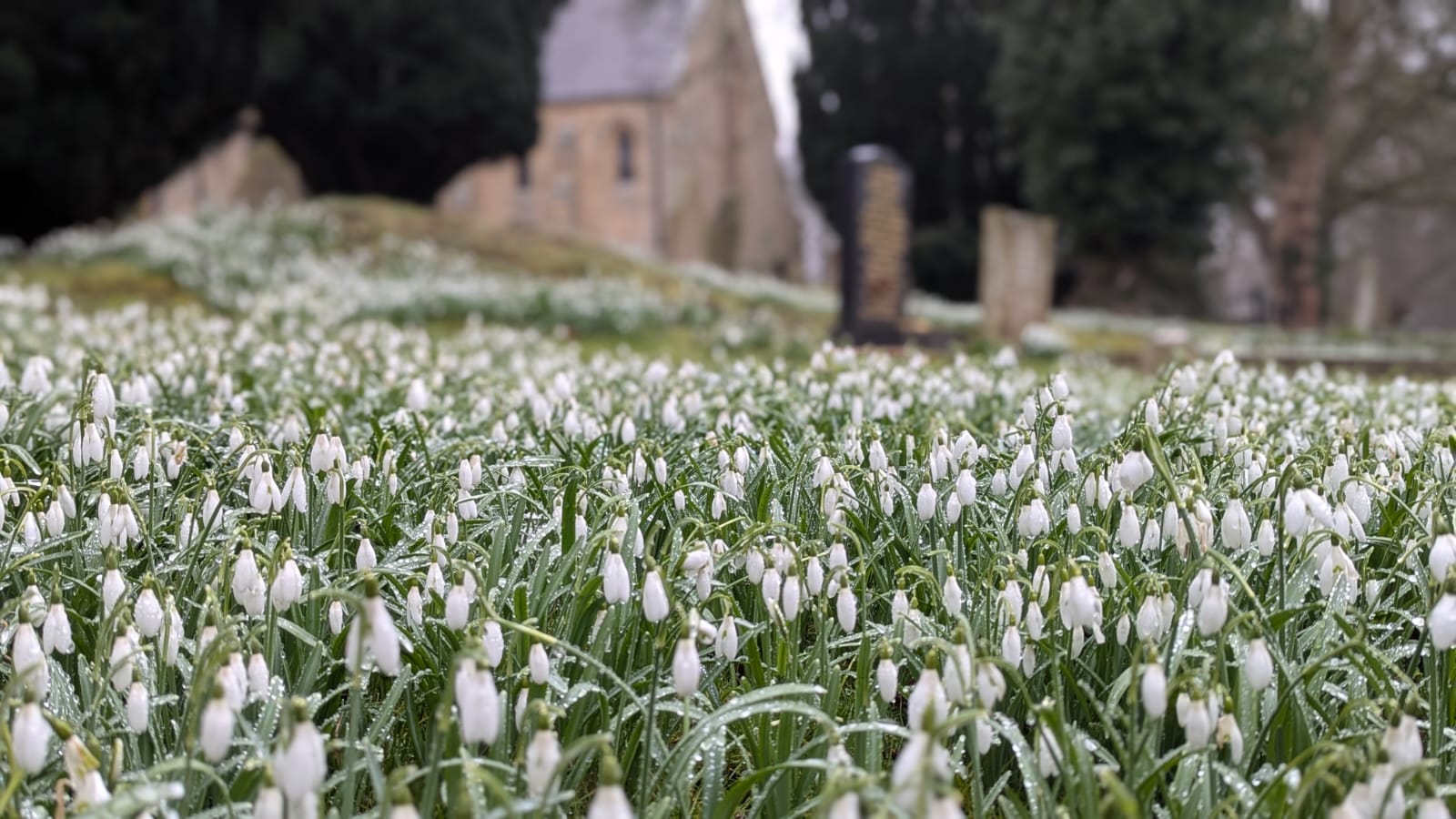Following on from a recent blog post where I looked at my own perception of wildlife and the management of opinion-splitting species, I decided to start a new series of guest blogs. Posts which, I hope, will begin to look at the differences in stakeholder attitudes towards wildlife. With the aim of comparing outlooks between different groups with a stake in our countryside and incorporating the views individuals from a whole host of backgrounds. As such, I have asked a number of people to give a brief summary with regards to “what wildlife means to them” and offer some thoughts on the management of five often polarising species. Though in this case only four were tackled.
First up we have the lovely Tayla May who freely identifies as somewhat of a humanist with regards to wildlife, and dwells in an urban setting. For more from Tayla, you can check out her personal blog here.
It is only when you are asked to sit down and really think do you begin to unpick what something really means to you. What is wildlife to me? How do I perceive it and its importance in my life?
It turns out it has a whole lot more value to me than even I had anticipated. I have always had a deep appreciation for nature and the wildlife that our world encompasses, a fondness that has grown and grown. For me it’s not just about the mammals, is the complexity of the plant life, the rich soil full of activity, the beautiful birds stretching across the canopy and every single little thing within that. For this I completely see myself as having a purely humanistic perception towards wildlife, but I have educated myself in the importance and necessity of conservational ways of thinking and management. I am currently an inner city dweller, having lived in the countryside most of my life, I am attempting to adapt to the seemingly lack of urban wildlife, I mean I know it’s there, but I’m trying to learn to spot it!
I know for well that the landscapes, ecology and species ratios we have here in the UK are purely the result of careful management, and although the persecution of species or numbers of, doesn’t quite agree with my moral ideologies as a humanist, I see it is currently the only way in which to manage the habitats and ecosystems we know. (Unless of course we were brave enough to step back from our dominionist approach and to just see what would happen).
Now, the management of Deer within the UK is honestly not one I have put much thought to, I grew up in the area of the beautiful Wyre Forest (Worcestershire) Deer were not uncommon in this location, but always a somewhat enchanting sight to see. Perhaps this is because even for us, the chance to see a Deer in the wild is still a very thrilling and rare occurrence. But I understand that the close management of Deer herds is important, not only for the health of the habitat they are in, but for the animals themselves. The idea of management is to be sustainable, and in this case, I believe our work to control them are beneficial in the long run.
The prevalence of the Brown Rat within the UK is another troubling invasive species, coming from a few years’ background in the catering industry, I know just what is at stake for us. But there is much more in the balance, once again the Brown Rat has made it near impossible for other species, such as the Black Rat to live in harmony. The management of these species I can agree with a lot more (perhaps hypocritical I know) Brown Rats, and others, of course, are carriers for bacteria that are significantly detrimental to our health, and thus should be dealt with to ensure the spread of harmful disease is kept at a minimum. (Well, that’s my opinion anyway!)
The protection of badgers and theirs sets under UK law is, in my opinion, one of best advances in wildlife management for some time. When the Badger often has no natural predators (other than competition between sets) and yet numbers are dwindling, we must be able to hold our own hands up and accept responsibility for the damage we have caused. And in the creation of laws to protect this UK mammal is evidence that we can step up to a problem and try to fix it. I feel that the Badgers are a prime example of the consequences of over ‘pruning’ of troublesome species, will the Deer and the Grey Squirrel meet the same fate?
The Grey Squirrel has met some harsh criticism recently, and with good reason, it is a species invasive to the UK, stripping habitats and out-competing out beautiful native Red Squirrel. But this is out of consequence for the introduction of this species to the UK as a ‘fashionable addition to estates’ I feel this just goes to show how the meddling of vulnerable eco-systems is just riddled with doubt. I feel that this guilt should lie on our shoulders. Lines must be drawn somewhere though I suppose. And I said in a blog post I recently posted on the Grey Squirrel, ‘I’m not sure where I stand on the slaughter of wildlife for the sake of conservation’.
The management of the Pheasant within British Woodland, or perhaps the intentions of, seem somewhat vapid, we now understand the importance of the conservation of this species, considering the ideal habitat to ensure their survival. And all this work is researched, and implemented, mostly to keep the age-old tradition of shooting them alive. Seems a bit ironic, right? (Or maybe that’s me and my wildly humanistic beliefs surfacing again!) Now I am not one for hunting for sport, especially for one of a beautiful, often overlooked UK bird.
Of course, these are just my views, but like I said, I’m still not sure the way to ensure conservation involves the mass butchering of specific species, or ya’know any species.






Leave a Reply